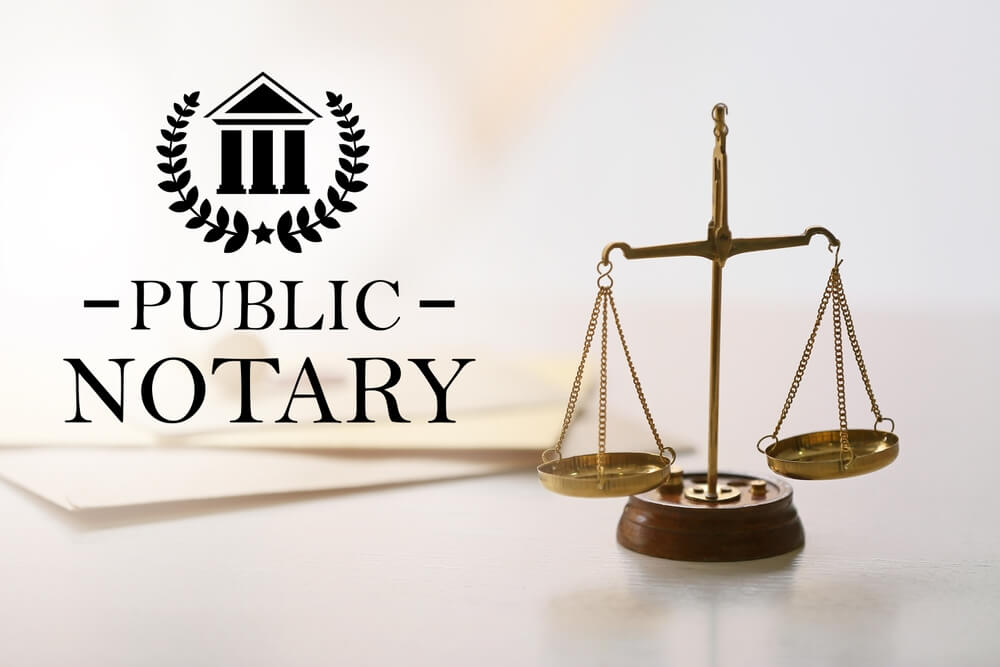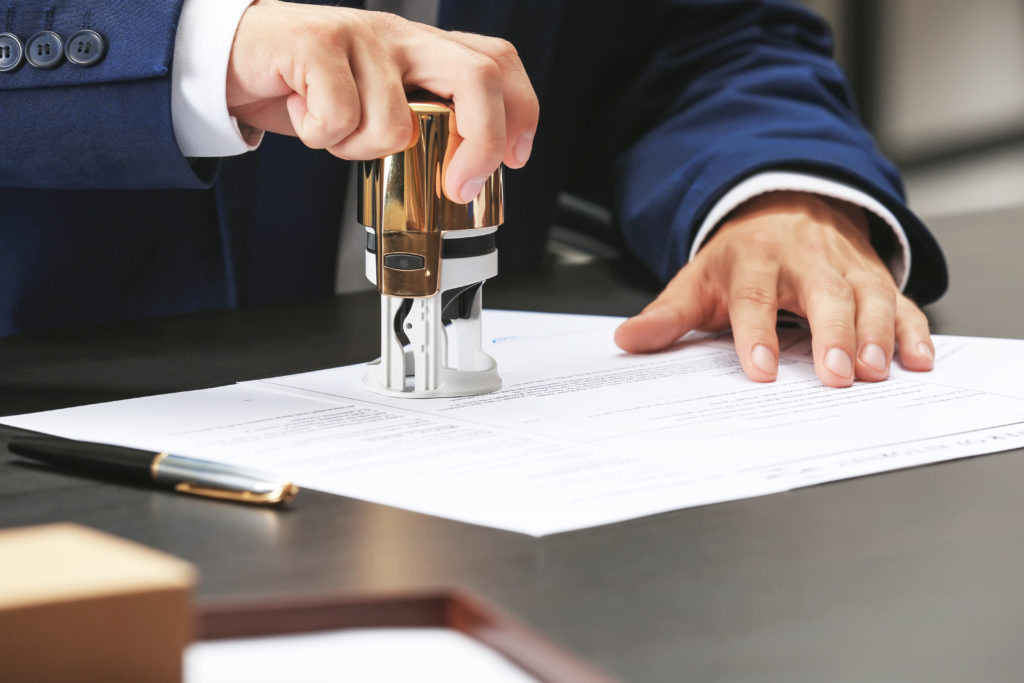Debunking Notarial Work: Streamlining the Role and Relevance of Notaries
Their role, usually shrouded in enigma for lots of, carries significant weight in ensuring the credibility and integrity of vital files. By deciphering the complexities dropping and surrounding notarial techniques light on the value of their acts, a clearer understanding arises of the essential function notaries play in maintaining the textile of lawful and legal arrangements.
The History of Notarial Job
The history of notarial work dates back to old people, where scribes played an important function in recording vital info and validating documents. This led to the development of notaries, people appointed by the state to act as objective witnesses in lawful issues.
Throughout the Middle Ages, notaries acquired prominence in Europe, with their features broadening to include drafting legal papers, certifying signatures, and maintaining documents. The rise of worldwide trade further stressed the importance of notarial work in validating contracts and agreements throughout boundaries.
In the modern age, notaries remain to play an essential role in legal and organization deals by verifying identities, verifying the authenticity of documents, and protecting against fraudulence. Their function in certifying the validity of agreements includes a layer of safety and security and depend the ever-evolving landscape of business and legislation.

Tasks and Obligations of Notaries
Notaries play a vital duty in confirming the authenticity of documents and the identity of notaries. One of their main duties is to witness the signing of essential papers, such as agreements, wills, and deeds, to make certain that all events are getting in right into arrangements intentionally and willingly.
Moreover, notaries are charged with providing affirmations and vows, which are important in legal process and the execution of testimonies. They license copies of initial files, offering assurance to establishments that the duplicates are true replicas of the originals. Notaries should keep exact documents of all purchases they supervise to make certain openness and liability. On the whole, the duties and duties of notaries are necessary in safeguarding the stability and validity of numerous documents and purchases.
Notarial Certificates and Signatures
Exemplifying careful interest to detail, notarial certificates and signatures act as important components in validating the authenticity of lawful records. Notarial certifications commonly contain essential information such as the date of notarization, the names of the signatories, a description of the record, and the notary's official seal. These certifications offer a clear document of the notarial act, guaranteeing that the document can be conveniently determined and traced back to the notary that managed the process.
Signatures play a critical role in notarial job, as they represent the arrangement and authorization of the celebrations entailed. Notaries carefully witness the finalizing of papers to validate the identity of the signatures and confirm that they are signing of their own free will. By fastening their main seal and signature to the paper, notaries certify that the necessary treatments have been complied with which the file is enforceable and discover this info here valid.
Essentially, notarial certificates and signatures are the hallmark of credibility in lawful purchases, giving assurance to all events involved that the documents are genuine and binding.
Relevance of Notarial Acts

Notarization Process Discussed
Describing the registration procedure gives quality on the essential steps entailed in confirming lawful files. The notarization procedure usually begins with the specific presenting the paper to a notary public. The notary after that confirms redirected here the signer's identification through appropriate identification methods. When the identification is verified, the notary makes sure that the private authorizing the document does so willingly and without any threat.

Conclusion

Notarial certificates typically include vital information such as the date of notarization, the names of the notaries, a description of the file, and the notary's official seal. These certifications give a clear record of the notarial act, making certain that the paper can be quickly determined and mapped back to the notary that supervised the procedure.
By fastening their main seal and trademark to the file, notaries accredit that the needed treatments have actually been adhered to and that the record is valid and enforceable.
By verifying the identity of the signatures, verifying their willingness to enter into the contract, and licensing the day and place of the signing, notaries play an important function in maintaining the credibility of legal files.After the record is authorized, the notary will affix their official seal or stamp onto the file.